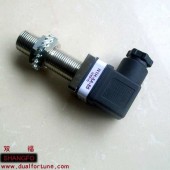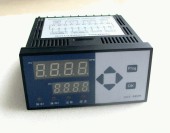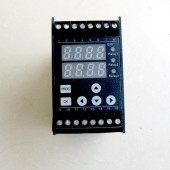| Guidance 指路人 g.yi.org |
Software / Lib / Enable NT IO / PortTalk |
|
There are two solutions to solving the problem of I/O access under Windows NT. The first solution is to write a device driver which runs in ring 0 (I/O privilege level 0) to access your I/O ports on your behalf. Data can be passed to and from your usermode program to the device driver via IOCTL calls. The driver can then execute your I/O instructions. The problem with this, is that it assumes you have the source code to make such a change. Another possible alternative is to modify the I/O permission bitmap to allow a particular task, access to certain I/O ports. This grants your usermode program running in ring 3 to do unrestricted I/O operations on selected ports, per the I/O permission bitmap. This method is not really recommended, but provides a means of allowing existing applications to run under windows NT/2000. Writing a device driver to support your hardware is the preferred method. The device driver should check for any contentions before accessing the port. However, using a driver such as PortTalk can become quite inefficient. Each time an IOCTL call is made to read or write a byte or word to a port, the processor must switch from ring 3 to ring 0 perform the operation, then switch back. The porttalk device driver comes complete with source code. It provides the facility to modify the IO permission bitmap and/or write and read to I/O ports via IOCTL calls. (www.beyondl...rttalk.htm)
0 folder, 4 files (93.9kB) |
|
| © Mon 2026-2-16
Guidance Laboratory Inc. Email:webmaster1  g.yi.org Hits:0 Last modified:2015-12-25 19:40:57 g.yi.org Hits:0 Last modified:2015-12-25 19:40:57
|
 |
|||
|
|
 搜索
搜索 论坛
论坛 Home
Home 回顶部
回顶部





